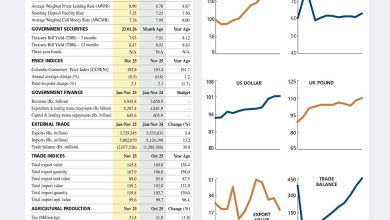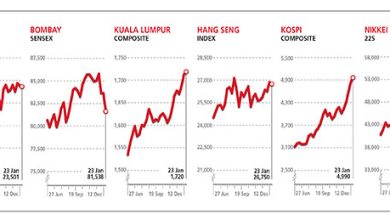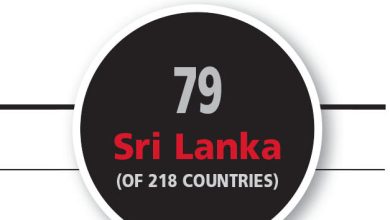MANAGING DIABETES
BY Dr. Sanjiva Wijesinha
A friend of mine (let’s call her Indira) rang me the other day. Indira was thoroughly distressed because she had been diagnosed with diabetes recently; and like some of us, she was in the process of ringing all her medically qualified friends to seek their advice about this condition.
My initial thought was to tell her about the first rule of seeking medical advice, which is that if you ask five doctors their opinion on how to treat a particular condition, you’re likely to end up with five different answers.
So shopping around and soliciting opinions from different people – in the hope that you can get the advice that conforms to your own preconceived notions – isn’t a wise thing to do.
Whether it is the management of a medical condition or what brand of milk powder would be best for your child, putting the question to more than one person will elicit several conflicting responses.
With that being said, there are a few basics regarding diabetes upon which all doctors agree – the first being the cause of diabetes, which is simply a case of the body not being able to produce sufficient insulin.
This hormone is responsible for converting sugar – which we accumulate from the food we consume – into energy.
If there’s insufficient insulin, we will lack energy; and the unutilised sugar will accumulate in the bloodstream and spill over into the urine.
Because all this sugar has to be eliminated, the body needs more water to dissolve it – and that results in large quantities of urine being produced. To satisfy the need for extra water, a person with diabetes becomes excessively thirsty.
While the usual symptoms that one notices include ha-ving to visit the bathroom frequently and needing to drink large quantities of fluid even when there’s no heatwave (or power cuts!), a diabetic may also lack of energy and lose weight.
The former unfolds because one cannot produce sufficient energy efficiently while the latter occurs because the body is breaking down its own proteins and fats in a vain attempt to generate the same.
Diagnosing diabetes is easy…
Rather than taking the time-honoured test on a urine sample (which shows any excess sugar in the urine), we now rely on a blood test that accurately measures the level of glucose in the blood.
The basic rule about managing diabetes is that one has to help the body metabolise the food con-sumed into energy.
It follows that a person should eat only food that can be conveniently metabolised.
Since the body doesn’t produce enough natural insulin, a diabetic should take the hormone in its artificial form or a subs-titute that can act in one’s system to help metabolise the sugar.
Being diagnosed with diabetes is not – as some folk might think – a major disaster. Managing the condition is relatively easy... provided that such management is undertaken as a team effort.
We will discuss this in detail in the coming months.






